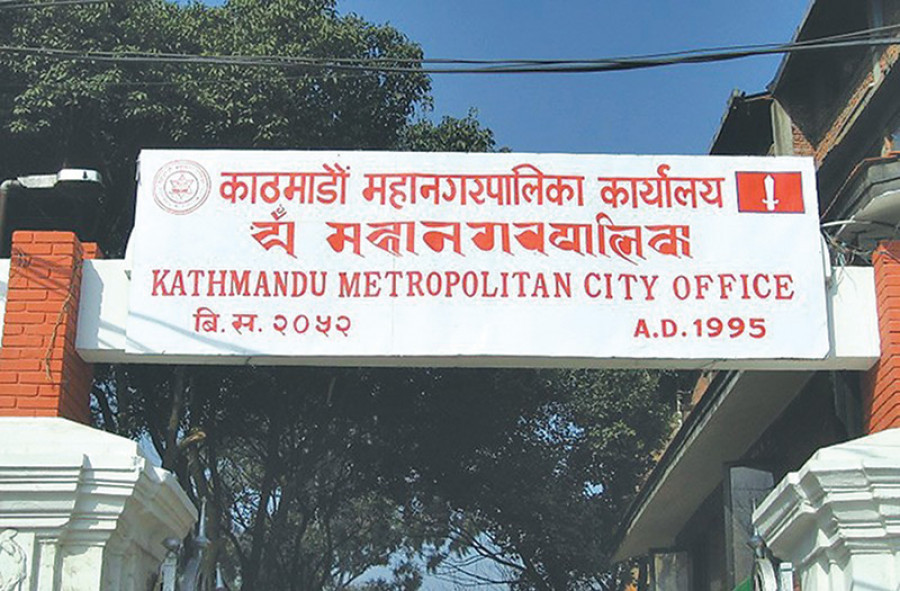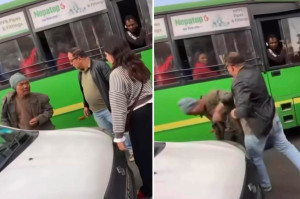Kathmandu
Kathmandu Metropolitan City didn’t procure essential medicines last fiscal year
Officials say they need doctors to recommend medicines. But they don’t have the money to hire doctors.
Arjun Poudel
Residents of Kathmandu Metropolitan City have been deprived of essential medicines they were to receive for free, for months, as officials did not procure the drugs during the last fiscal year, which ended on Wednesday.
The four million rupees budget allocated for the procurement is now frozen after authorities failed to utilise it, officials say.
“We could not purchase essential medicines in the last fiscal year due to various reasons,” Narendra Bajracharya, chief of the metropolis’ health division, told the Post. “The budget we allocated for essential medicines is now frozen.”
Thousands of urban poor and slum dwellers in the city seek free essential medicine from the city’s 27 urban health clinics spread across 32 wards.
“Due to our inability to hire doctors who need to recommend some of the medicine, we couldn’t purchase the medicine,” said Bajracharya. “We didn’t have sufficient budget to hire doctors.”
The Ministry of Health and Population provides a conditional grant to all 753 local governments, including Kathmandu Metropolitan City, to purchase more than 70 types of drugs related to communicable and non-communicable diseases.
Most local governments across the country have purchased drugs without waiting for recommendations from doctors, and distributed them for free. Some local governments have even allocated budgets from their own resources to procure additional medicines and distributed them for free.
Kathmandu’s Deputy Mayor Hari Prabha Khadgi conceded that the metropolis has enough resources to hire doctors and provide free services to the people, but it hasn’t done so. “We had expressed our commitment to provide better health care services to the people during our election campaign,” said Khadgi. “But I am the deputy mayor and everything does not happen as per my wishes.”
Earlier, the erstwhile district public health offices and the Department of Health Services used to procure essential medicines and distribute it free of cost through state-run health facilities. There was a separate mechanism to check if the said medicines were supplied or not.
Bur after the implementation of the federal setup, the responsibility was assigned to the local governments, who receive budget from the Ministry of Health. But the ministry doesn’t have a mechanism to check if a local government has purchased the medicines or not.
Khadgi said patients have not approached their elected representatives to complain about the lack of free essential medicines. “Had they complained to us, the city would be under pressure to purchase the medicines,” said Khadgi.
“Unless patients protest or file cases in the court, the federal government or any other agency can’t do anything to hold the local governments accountable,” said Balananda Paudel, chairman of National Natural Resources and Fiscal Commission.
Paudel, who was also the chair of the Local Bodies Restructuring Commission, said that although local governments can’t misuse their conditional grants, it doesn’t ensure that they uphold the rights of the people.




 9.89°C Kathmandu
9.89°C Kathmandu











